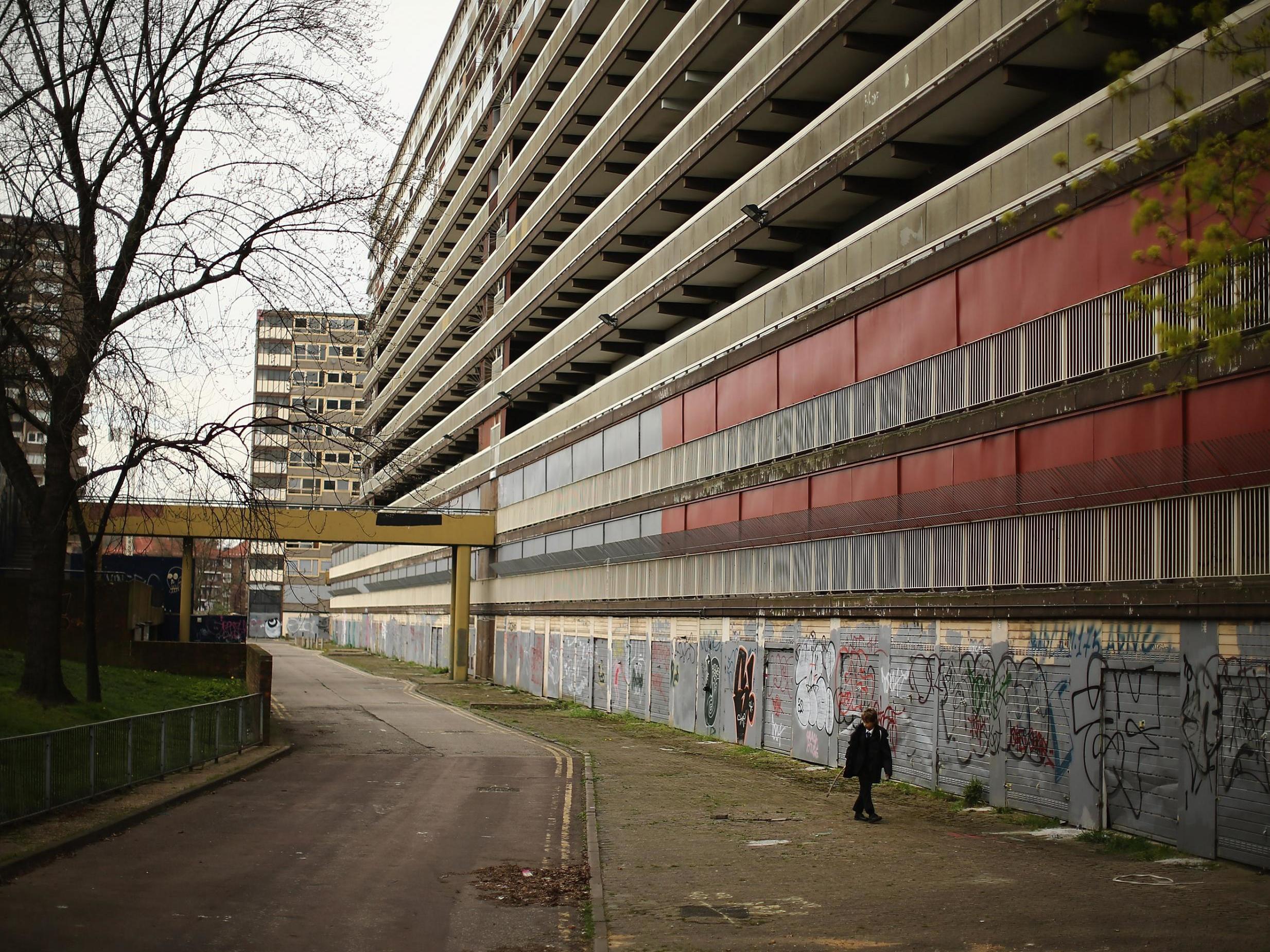Teenage suicides in London rise by 107% - more than four times national rate, new figures reveal
Huge increase described as 'a needless waste of young lives'

Teenage suicides in London have increased at more than four times the national rate, as growing levels of deprivation and hopelessness grip young people in the capital.
New figures show self-inflicted deaths among Londoners aged between 10 and 19 have more than doubled since 2013, rising by 107 per cent in the three years to 2016 – from 14 to 29 - while across England and Wales the equivalent number increased by 24 per cent.
Experts attribute the sharp rise to the “over-pressured” environment facing teenagers in the city and a feeling among those in the capital’s deprived neighbourhoods that there is “no hope” for their education and job prospects.
The figures, compiled by the Brent Centre for Young People through freedom of information requests, show that among London’s 10-24 age group, the number of suicides rose by 85 per cent over three years, from 47 to 87 – compared to an 11 per cent increase in suicides in England and Wales, up from 466 to 518.
The difference was particularly marked in the “post-teen” age group of 19-24, with an increase of 76 per cent in Greater London compared to a 5 per cent increase in England and Wales over the three-year period.
The figures have prompted alarm among youth workers in the capital, who raise concerns that deprivation indicators in London are creating a “pressure-cooker” of conditions for London’s young people.
It comes after a major report by the Joseph Rowntree Foundation (JRF) revealed more than 1.5 million people were destitute in the UK last year alone, with the deepest levels of destitution recorded in a number of London boroughs, along with major northern cities.
Valentina Levi, adolescent psychotherapist at the Brent Centre, said: “We have been flooded with cases over the past year and are really worried about what is happening out there with some of the young people we are seeing.
”Many young people from more deprived neighbourhoods really feel they have no hope in terms of the future they are facing – in terms of education and jobs. They don’t feel they have any hope of getting anywhere.“
Brent Centre for Young People said it had been “flooded” with cases of mentally unwell young people in recent years, with the number of referrals across North London rising by 59 per cent between 2014 and 2017.
Self-harm rose by 30 per cent, anxiety by 52 per cent and depression by 13 per cent, while eating disorders in North London shot up by 142 per cent in the three-year period.
CEO and clinical director of the centre, Dr Maxim de Sauma, said the figures were “shocking and worrying”.
”When young people with crippling or disabling mental health conditions are not given the support they need, it wastes lives – and what we are seeing in London and elsewhere is a needless waste of young lives,” he said.
“People are much more over-pressured here than they are in other parts of the UK. Parents are less able to prioritise difficulties because they are under a lot of stress. It goes on from one generation to another – so the damage is continuous.
”That young people in London are being worse affected is deeply concerning and asks the question if young people in London are perhaps not being as well supported as they are elsewhere.
“Even one suicide is a tragedy for young people and leaves so much devastation in its wake. It is essential to invest more resources now in education and health to prevent any more loss of life.”
Mental Health Awareness: Facts and figures
Show all 10The figures come as a new survey by charity Mind revealed that 40 per cent of GP appointments now involved mental health, with two in three GPs reporting that the proportion of patients needing help with their mental health has increased in the last year.
A review by the Care Quality Commission (CQC) of mental health services for young people last year meanwhile found that vulnerable children were facing “agonising waits” for treatment, with one young person who spoke to investigators waiting for 18 months.
During prolonged waits, children and young people are unable to access the support they need, causing their mental health to deteriorate further, with some starting to self-harm, become suicidal or drop out of school during the wait to receive support, the report found.
Anyone who requires help or support can contact their Brent or local London GP for a referral or call Papyrus helpline for under 35s on 0800 068 41 41 or the Samaritans, all ages, on 116 123.
Subscribe to Independent Premium to bookmark this article
Want to bookmark your favourite articles and stories to read or reference later? Start your Independent Premium subscription today.

Join our commenting forum
Join thought-provoking conversations, follow other Independent readers and see their replies